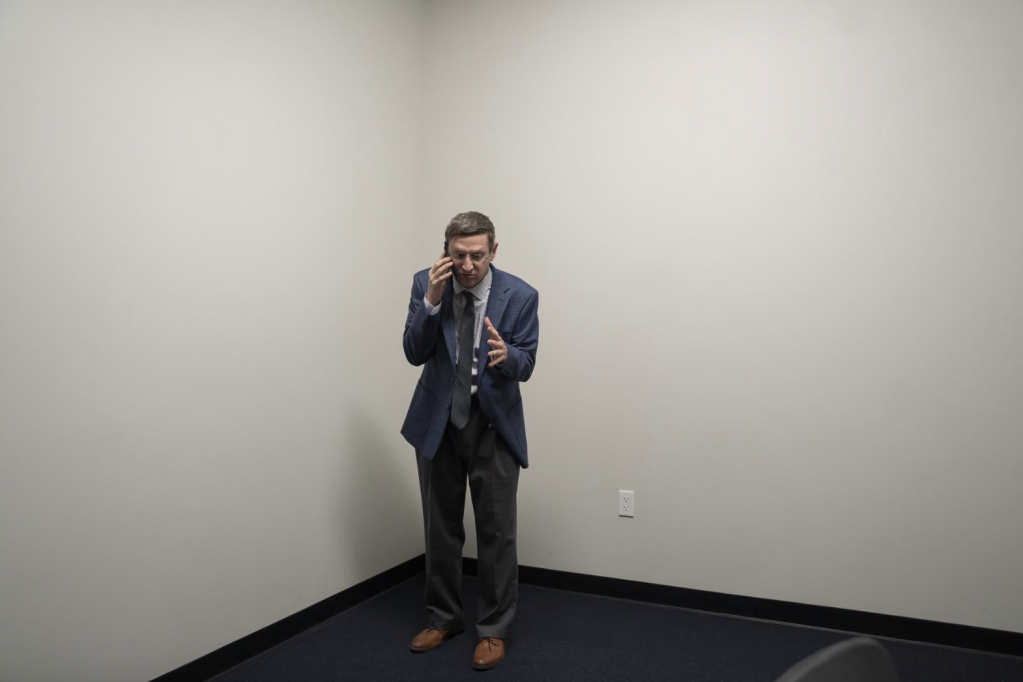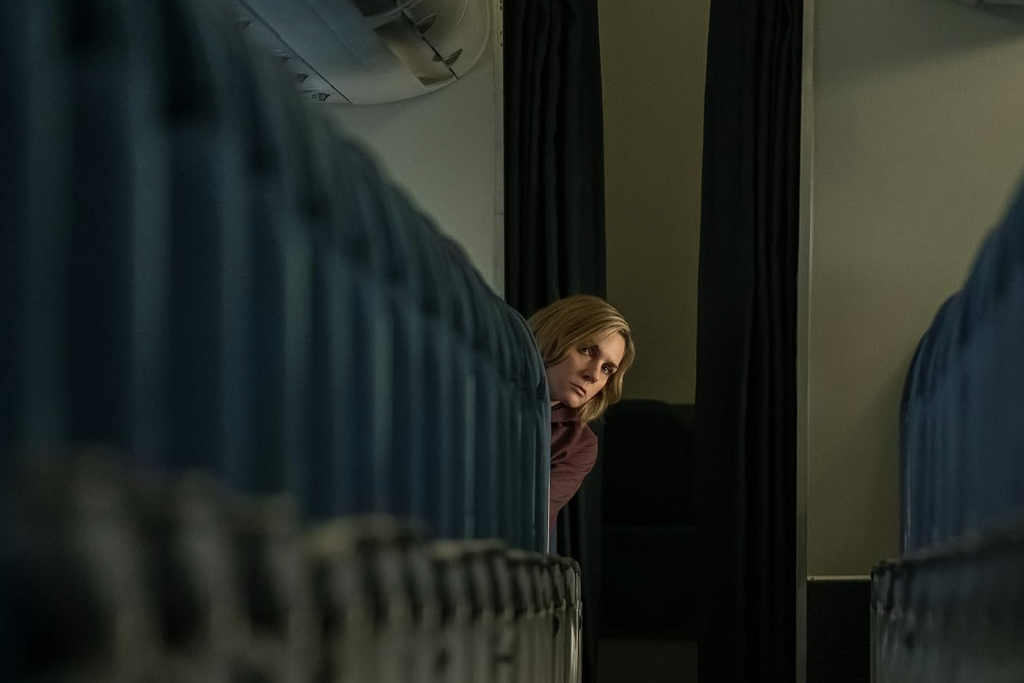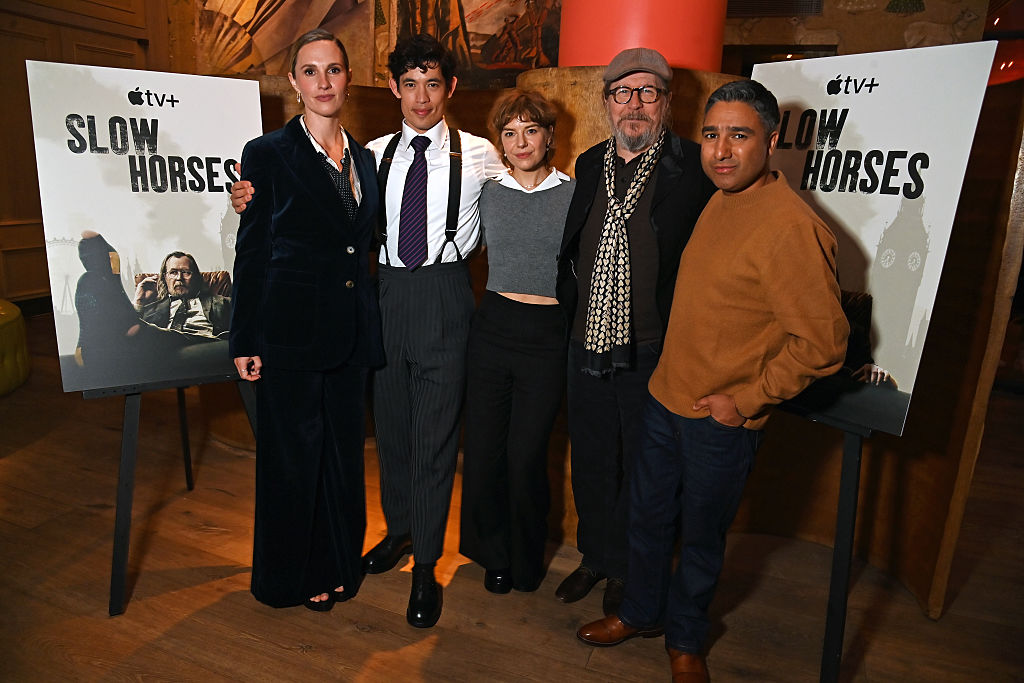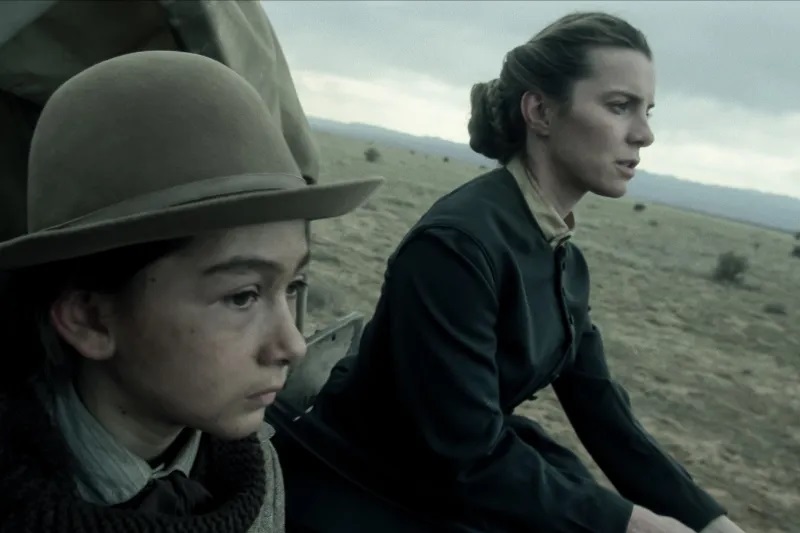If you watched The Paper and, like most of its viewers, remained unimpressed by its comparatively limp updating of The Office – and I’m still haunted by the sheer awfulness of Sabrina Impacciatore’s performance in it – then you’ll be delighted to hear that Tim Robinson’s new show, The Chair Company, which is made by HBO, is the dark workplace comedy that the world needs right now. While it’s too early to say whether it’s a true classic along the lines of The Office, or a less impressive but still enjoyable achievement, it represents another success for Robinson, who is inexorably turning himself into one of the most interesting comedians and writers in the industry.
If you’ve seen Robinson’s 2024 film Friendship, in which he and Paul Rudd gleefully dismantled the bromance comedy through a mixture of sharp writing and beautifully surreal comedy, then you’ll have a reasonable idea of the tone to expect, as well as the humor contained herein. Robinson plays William Ronald Trosper, a low-level factotum who designs shopping malls in Ohio and feels underappreciated at work, despite having been made project lead on their latest endeavor.
Trosper is chronically insecure. After a contretemps with a waitress in the opening scene, in which he refuses to believe she has not recently visited a mall, he petulantly demands to take half a devilled egg home from the restaurant and then shouts, “I swear I have the worst pillow in town!” that night. So when an unfortunate furniture-based accident results in his public humiliation while he’s making a key presentation, Trosper becomes obsessed with tracking down the company that made the chair, only to be sucked into the eponymous conspiracy.
For anyone who is familiar with Robinson’s work as a comedian or has seen his Netflix series I Think You Should Leave with Tim Robinson, The Chair Company will be a bracing mixture of the comfortingly familiar and the surreally innovative. Once again, Robinson is playing a furious man-child who has convinced himself, in the usual tradition of sitcoms, that he is the only sane man around madmen, and once again, his inability to read even the most basic of social signals results in his ostracization by those around him. (There is an extended, hilarious sequence in which he tries to bait an elderly co-worker into doing herself an injury by producing a succession of sugary treats for her).
But this time round, there is a wider game at play and this enables Robinson and his co-creator Zach Kanin to have an almost indecent amount of fun channeling the spirit of Seventies thrillers such as The Parallax View and Three Days of the Condor, albeit in a more broadly comedic register than before. Certainly, Robinson is nobody’s idea of a Robert Redford or Warren Beatty, but that’s the whole point: his eyes dart shiftily around, daring anyone or anything to cause him offense, before his social awkwardness results in yet more outrageous behavior. This is cringe comedy at its most sophisticated and hilarious.
At a time when Nate Bargatze’s determinedly gentle, apolitical comedy has made him the most popular comedian in the country, Robinson might be too strange and uncompromising for mainstream tastes. If so, The Chair Company should probably not be their point of introduction to him. Yet for those who thought Friendship perhaps the funniest and most quotable mainstream American comedy of the past two decades, then this is a worthy and thoroughly hilarious follow-up that it confirms its star and co-creator as capable of dark and warped genius.


























Leave a Reply